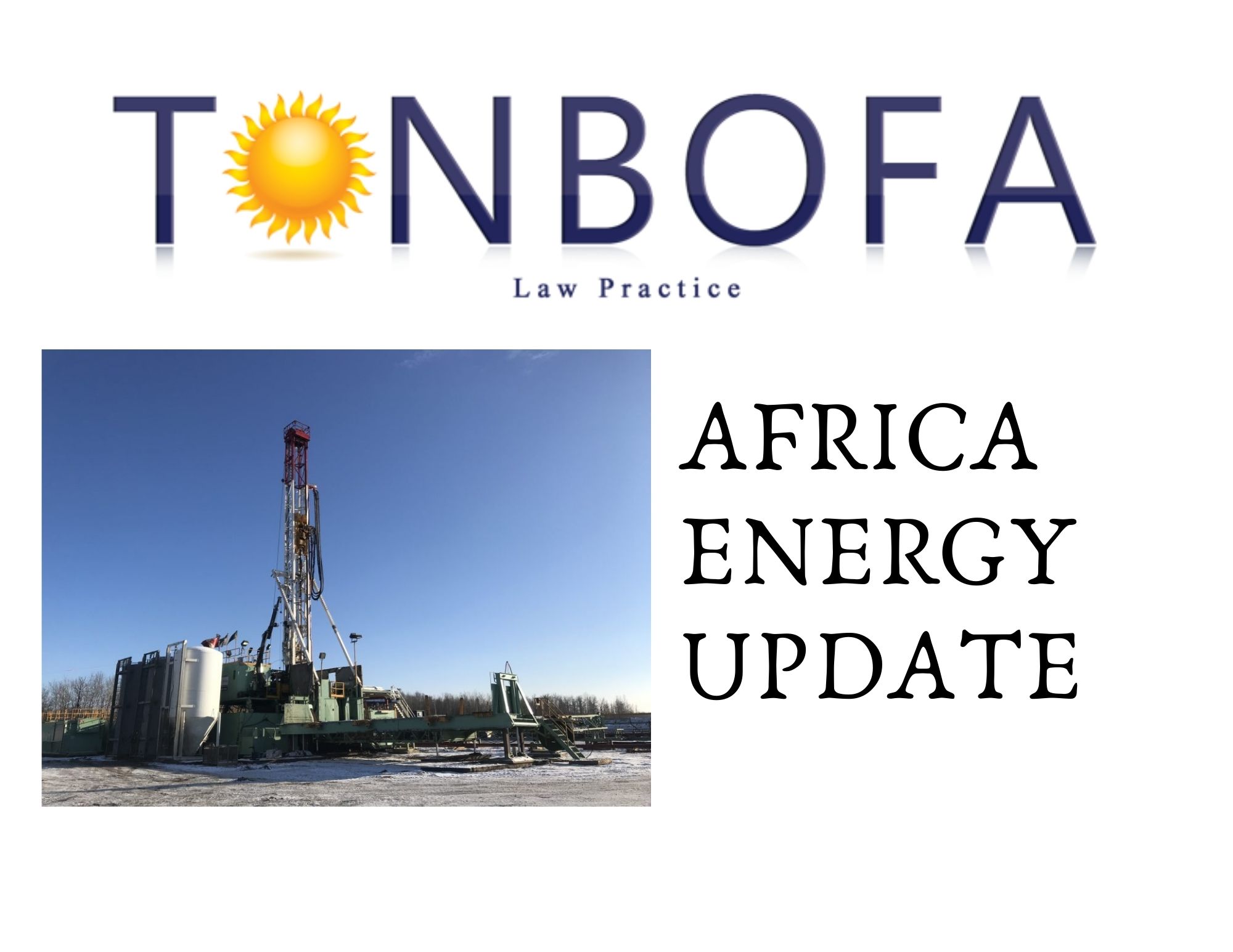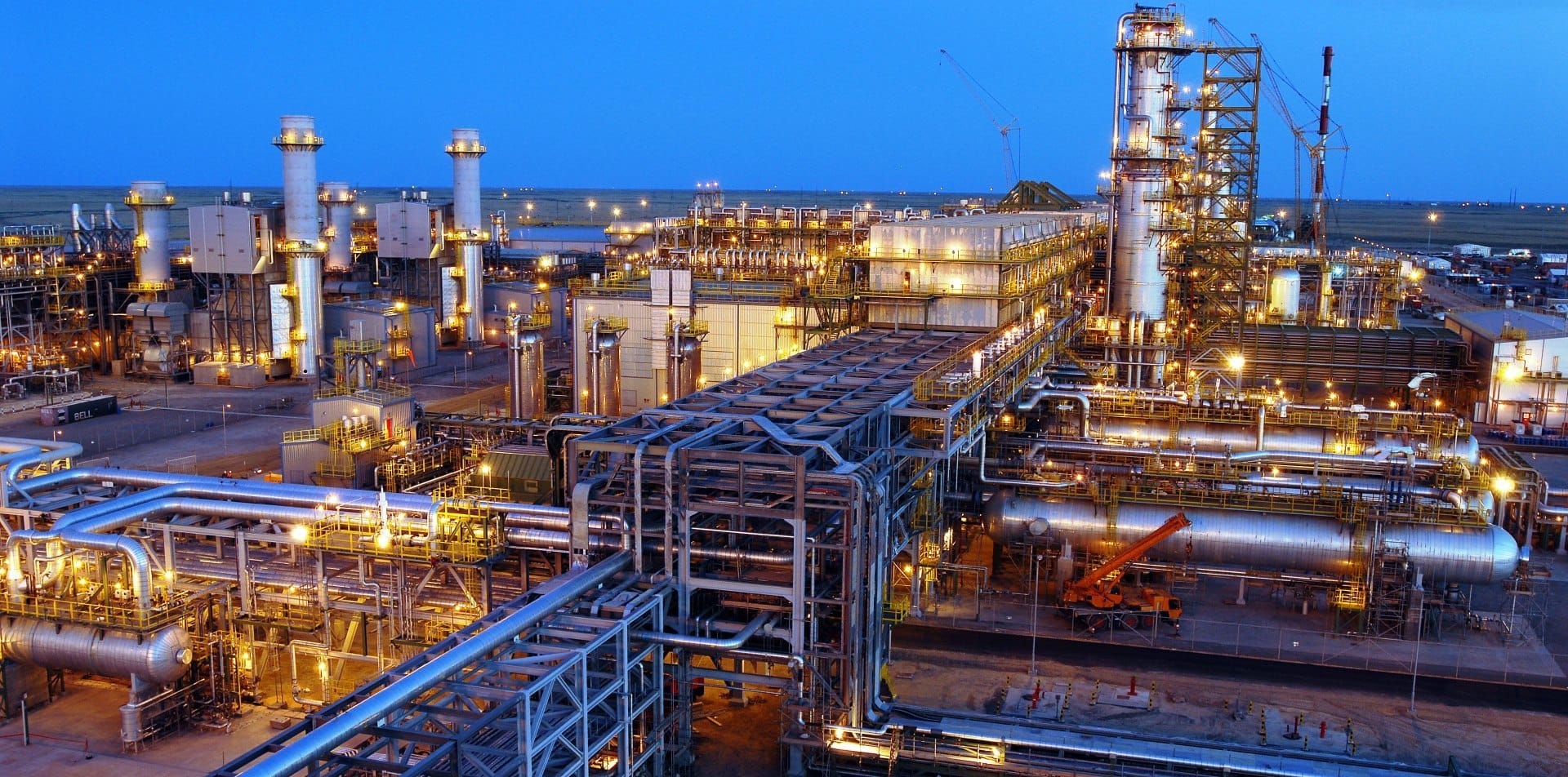
by TONBOFA LP
One of the biggest problems faced by the Insurance Industry in Nigeria is lack of awareness. Most people are not aware of the existence of Insurance neither do they know its relevance. There are certain insurance policies that the Federal Government of Nigeria has made compulsory for every individual and business in the country to obtain to protect the relevant third party in the event of death, bodily injury or property damage. They are:
- Motor Third-Party Insurance
As required by section (53) the Motor Vehicles (Third Party Insurance) Act 1945, this insurance policy is made compulsory for owners & drivers of vehicles, motorcycles and other special type vehicles (both private and commercial). It is the minimum cover required for vehicle owners and covers against liabilities such as death, damage to property or bodily injury of a third party arising due to the use of the insured vehicle.
Penalty for default is N100,000 or six months imprisonment or both in first conviction
Then N200,000 or one-year imprisonment or both in second conviction
- Employer’s Liability/Workmen’s Compensation Insurance (For Employers)
The Employee Compensation Act 2010 (which repealed the Workmen Compensation Act 1987) requires every employer, within the first two years of the commencement of the 2010 Act to make a minimum monthly contribution of 1% of the total monthly payroll of employees to the Employee Compensation fund with Nigeria Social Insurance Trust Fund (NSITF). The fund shall be used to pay adequate compensation to the employee or dependants in case of death, injury, disease or disability arising out of or in the course of employment.
Penalty for default is N20,000 or one-year imprisonment or both for a first case while N100,000 or one-year imprisonment or both for every subsequent case.
- Group Life Assurance (For Employers)
Section 9(3) of the Pension Reform Act 2004 makes it compulsory for every employer of labour, with five employees or more, to maintain a life insurance policy in favour of the employee for a minimum of three times the annual total emolument of each employee. The purpose is to make provision for the dependants of the employees who die in service. It involves both public and private individuals and under this law, they are required to pay for pension subsidy in the event of mental or physical disability, death or disappearance while insured.
The penalty for default is a fine of N250,000 or one-year imprisonment or both.
- Health Care Professional Indemnity Insurance
All medical professionals, institutions and centres are required under the law to buy this insurance. According to Section 45 of the National Health Insurance Scheme (NHIS) Act. 1999, all licenced health care providers (Government/private healthcare practitioners, hospitals and maternity centres) must have a professional indemnity insurance to compensate patient and/or their relatives in case of accidents or death resulting from professional negligence.
The penalty for default is a revocation of licence.
- Occupiers Liability Insurance or Insurance of Public Buildings
The law provides that every public building must be insured against liability in the case of loss, damage to property, death or bodily injury that may be caused by collapse, fire, earthquake, storm or flood. A public building refers to any building accessible to people for educational, medical, recreational or commercial purposes.
By virtue of Section 65 of Insurance Act 2003, public buildings include schools, hotels, hospitals, recreation centers, offices and are to be insured by their owners or occupiers against the hazards of collapse, fire, earthquake, storm and flood.
Penalty for default is a fine of N100,000 or one-year imprisonment or both.
- Builders Liability Insurance or Insurance of Buildings under Construction
This is a compulsory insurance policy for contractors and owners of buildings higher than two storeys. Section 64 of the Insurance Act. 2003 requires that every owner or contractor of any building under construction with more than two floors, must take an insurance policy to cover liability against construction risks caused by the negligence of the contractor, owner, servants, agents, consultants which may result in death, bodily injury, or property damage to workers or the public. The insurance must be undertaken from the construction stage. The purpose is to guard the public against construction risks that may be caused by negligence. The insurance should also cover collapse of the building.
The penalty for default is a whopping sum of N250,000 or 3years imprisonment or both.
- Aviation Third Party Insurance
Fly with cover! Aircraft operators in Nigeria are not permitted to operate without first undertaking this insurance policy. The policy involves three parties namely; the aircraft operators, the insurance company and the third party i.e. passengers, employees and the public at large. The aim is to provide cover in the case of accidental injury, death or property damage to third parties caused directly by the aircraft.
- Marine Insurance (Cargo)
This is a policy to be undertaken by Individuals and organisations regularly involved in the use of marine transportation. Marine insurance covers for losses that may occur as a result of marine adventures, from the use of vessels and yachts as a means of transportation.
The Insurers Committee, in charge of insurance affairs in Nigeria, is responsible for ensuring compliance with these compulsory Insurances. The Committee comprises National Insurance Commission (NAICOM), Nigerian Insurers Association (NIA) and all CEOs of the Insurance Companies.
For more on this, kindly send an email to atiyat@tonbofa.com
Share
Africa Energy Update- ZIMBABWE: Solgas Energy commissions its 5 MWp Cross Mabale solar power plant Renewable energy producer Solgas Energy is commissioning its Cross Mabale solar power plant in the northern Matabeleland province. The plant, which is connected to the Zimbabwean national grid, has a capacity of 5 MWp. A solar photovoltaic power plant goes into
The passage and signing of the highly anticipated Petroleum Industry Act is a landmark in the oil and gas industry. The Act provides legal, governance, regulatory and fiscal framework for the Nigerian Petroleum Industry and development of Host Communities. For more information on key provisions of the Act click here to learn more
FG Okays N35bn For NEPZA Power Station The federal government yesterday approved the sum of N35billion for the building of a power station by the Nigerian Export Processing Zone Authority (NEPZA) in Akamkpa, Cross River State. ØMinister of Industry, Trade and Investment, Niyi Adebayo, disclosed this to State House correspondents after the virtual federal executive





